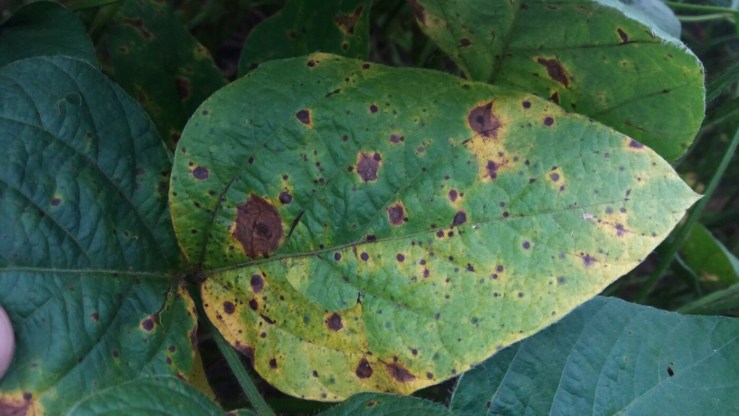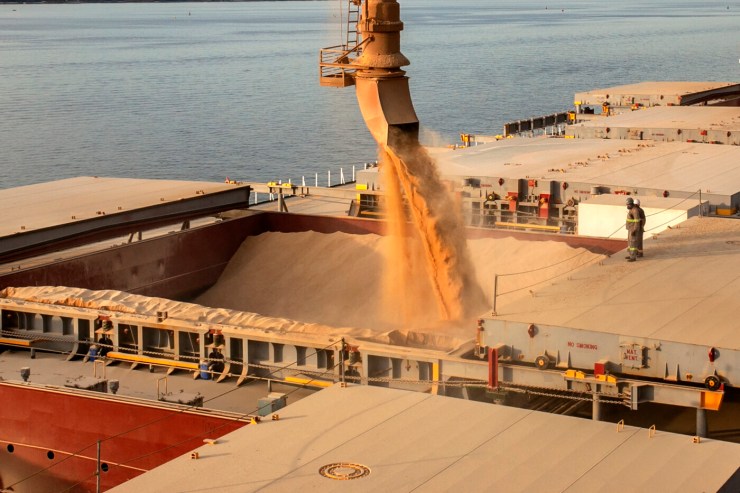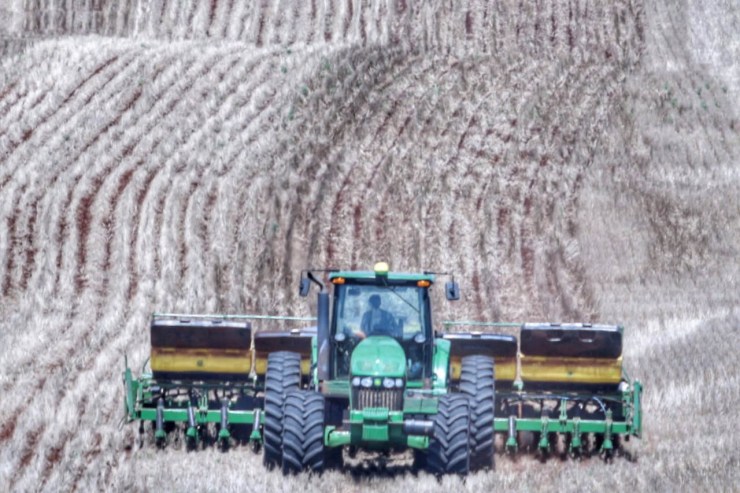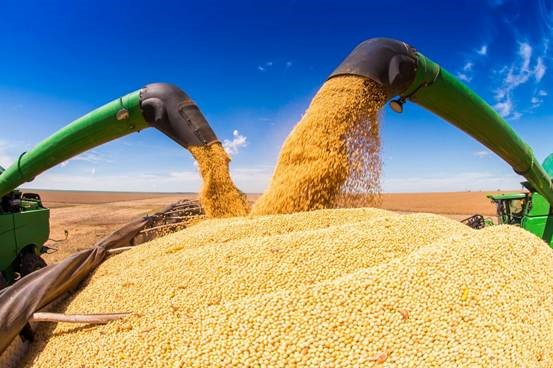Soy in Mercosur is the theme of the opening conference, Brazilian Soybean Congress (CBSoja) and Mercosoja 2025, which will begin on July 21, 2025, at 7:00 p.m., at the Expo Dom Pedro Exhibition and Convention Center in Campinas (SP). The following were invited to discuss the evolution of soybeans in Mercosur: genetic improvement researcher Romeu Afonso de Souza Kiihl, from MGS Genetic Improvement and Seeds; Professor Tuneo Sediyama, from the Federal University of Viçosa; Rodolfo Luis Rossi, former Soybean Research Manager at Nidera; and Gerardo Bartolomé, from Grupo Dom Mário. The debate will be led by journalist Giovani Ferreira, from Canal Rural.

Photo: Jaelson Lucas
The debate is in line with the central theme of the events, which commemorates the 100th anniversary of the introduction of soybeans in Brazil, which took place in 1924. The history of soybeans in Argentina, the third largest soybean producer, will be presented by Bartolomé and Rossi, and Brazil's vision will be addressed by Kiihl, considered the father of soybeans in Brazil, as well as Sediyama. “We will have a moment with these special and representative figures for the soybean production chain, sharing their vision and experience over five decades,” explains CBSoja president Fernando Henning, a researcher at Embrapa Soja.
According to Henning, the goal is to tell part of the story, but also to highlight the present, showing how what has been done over the years has shaped the current production system. “In addition to highlighting the improvement of soybean genetics, there will also be space to evaluate market growth, industry innovation, and current logistics challenges,” highlights the researcher. “We hope to have an event that brings together the entire production chain and that this initial chat will be a guide for the upcoming challenges we will face in the next harvests,” reflects Henning.
According to the researcher, the opening conference celebrates the arrival of soybeans in Brazil and highlights the evolution of this crop in terms of production, productivity gains, and transformation of new areas, such as the expansion of soybeans in Mato Grosso and other regions that are now agricultural frontiers and have developed driven by soybeans. In addition, in 2025, Embrapa Soja will celebrate its 50th anniversary with several historical milestones, but mainly with a mission to act in different decision-making processes, to promote public policies, and to train a critical mass to work with soybeans. “We need to be qualified in the most varied agricultural frontiers to anticipate the major challenges, whether climate-related, phytosanitary, or others that permeate the soybean chain in a country with a tropical climate and continental dimensions,” emphasizes Henning.





